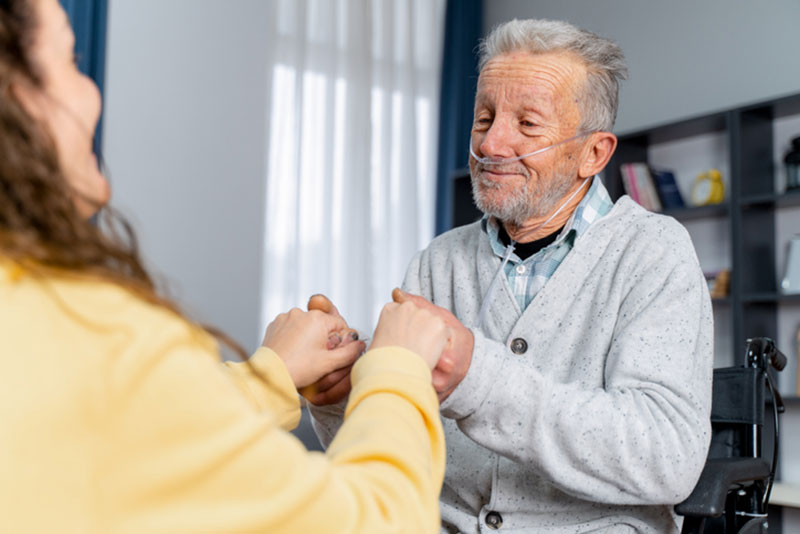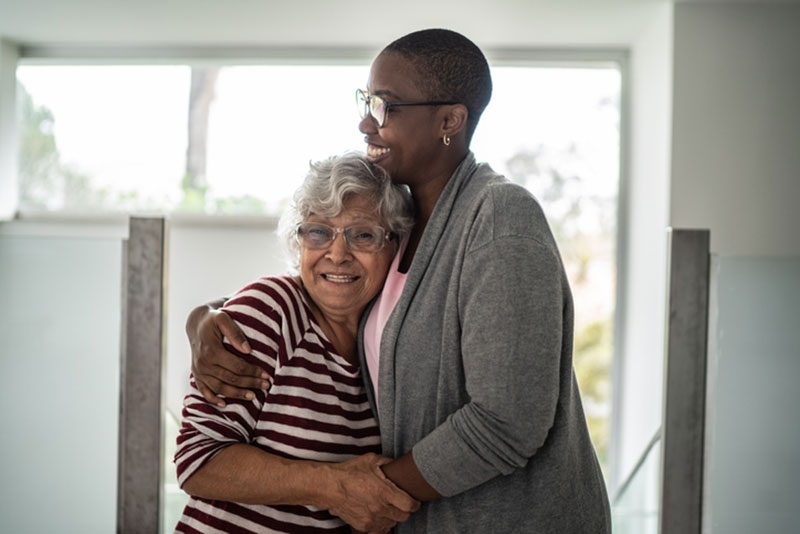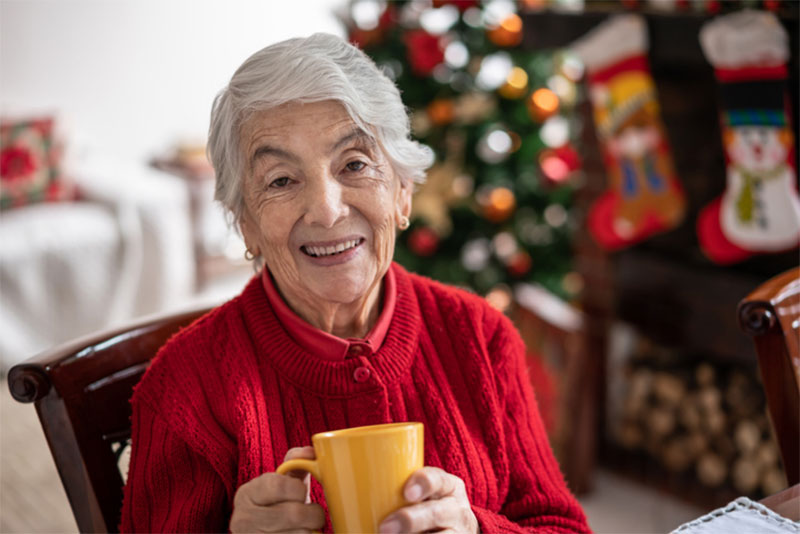Having a stroke is a distressing and shocking experience. The outcomes can vary from minor to life-altering, but one thing is obvious: follow-up care is imperative. Fortunately, a great deal of this care can be provided in the comfort of home. If you are helping someone you care about recover from a stroke, below are a few of the ways you can ensure the most effective healing.
How Can I Help a Loved One Recover From a Stroke?
A key first step is speaking with the person’s medical team to learn as much as you can. Ask about what might have caused the stroke, what the anticipated outcome is, and what they’re recommending with regards to a treatment and rehabilitation plan. It is also a good idea to ask for resources from the doctor about strokes. Knowledge will be crucial in your ability to offer the most effective help.
In addition, our home care professionals suggest the following tips:
- Begin a diary. A simple notebook or digital document is all you will need. Start with a baseline entry on the person’s physical and emotional condition, any medicines being taken, sleeping and eating habits, etc. It is normal for new stroke symptoms to arise months after a stroke, and any changes need to be brought to the doctor’s attention as soon as possible.
- Offer encouragement. Sticking with the doctor’s recommended changes in lifestyle is not always easy. It is possible there will be a rehabilitation exercise program to follow, as regular physical exercise is an effective recovery tool for both the brain and body. Encourage the person to take part in these activities exactly as directed. Joining in to work out together is an effective way to make sure the person complies with doctor’s orders.
- Avoid taking control. You might be inclined to want to do as much as possible for the person, so they can rest and not overexert themselves. However, it’s important for the person to do as much independently as possible to be able to optimize recovery. Intervene when absolutely necessary with just enough help to allow them to accomplish a challenging task.
- Show patience. The healing process post-stroke may take a substantial amount of time, and there will likely be a few challenges during this process. The individual may also experience pseudobulbar affect, which causes abrupt bouts of crying or laughing for no apparent reason. They might also experience grief, depression, and anxiety or fear of another stroke occurring. These kinds of emotional changes could be distressing for both of you, but treatment is available to help.
- Take care of yourself. Providing care for someone you love following a stroke can be physically and emotionally draining. Be sure to set appropriate boundaries in order to prevent caregiver stress and burnout. Enlist the assistance of other loved ones, friends, or a skilled caregiver to allow you time to step back to take care of your own health and wellbeing.
The Crucial Role of Home Care Post-Stroke
An in-home caregiver should be an essential part of a person’s recovery following a stroke. A few of the various ways a home care provider like Home With You Senior Care, can help include:
- Providing fall prevention and other home modification recommendations for improved safety and independence
- Offering transport and accompaniment to medical appointments and procedures
- Running errands, such as picking up groceries and prescriptions
- Planning and preparing healthy meals in accordance with any dietary restrictions
- Serving as a friendly companion for conversations, help with engaging in exercise programs, playing fun and mind-stimulating games, etc.
- Assisting with personal hygiene needs
- And much more
Contact Home With You Senior Care, a trusted provider of Ellicott City elder care, at 410-756-0959. Find out how our experienced and fully trained caregivers can ensure a smoother recovery for someone you love after a stroke. For a full list of all of the communities where we provide care, please visit our Service Area page.





